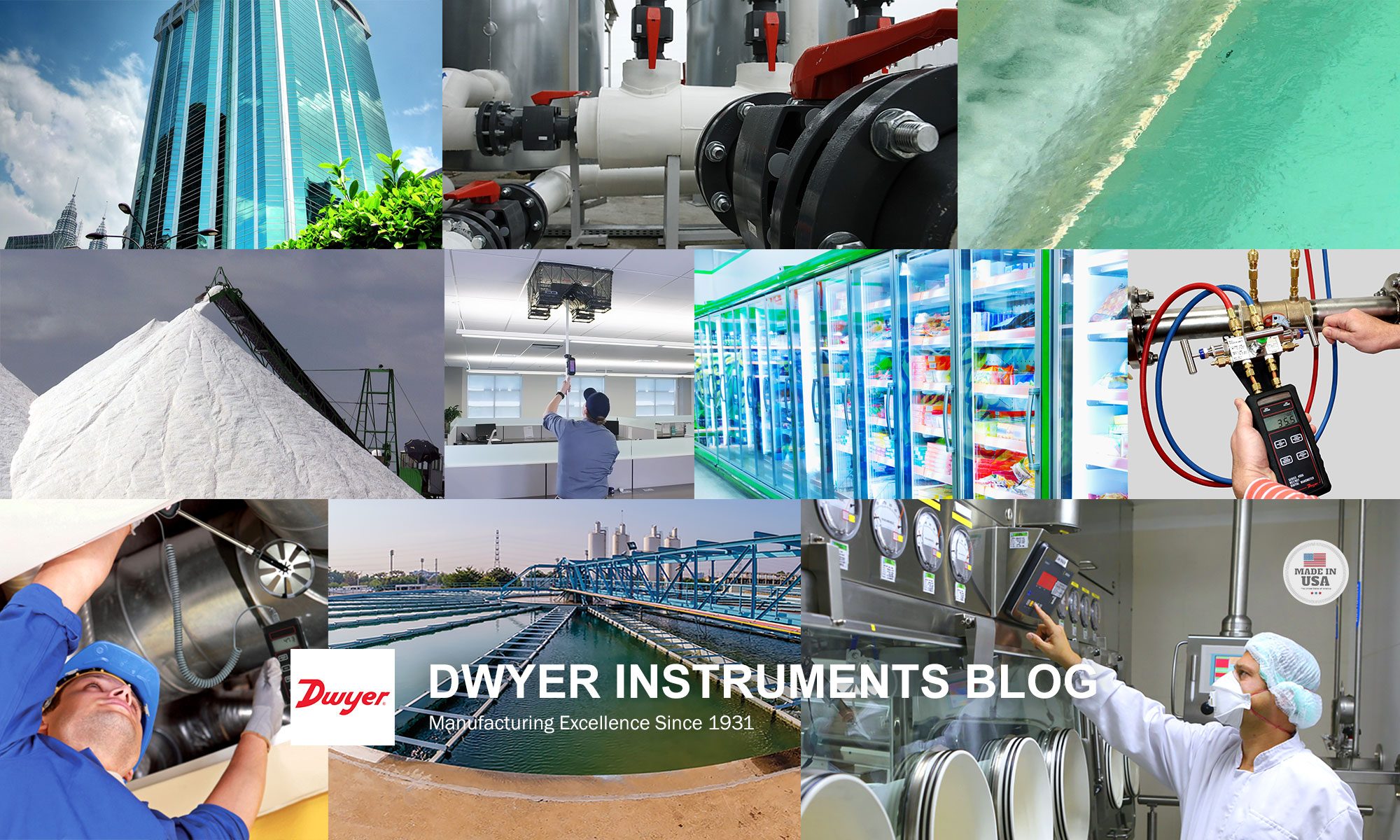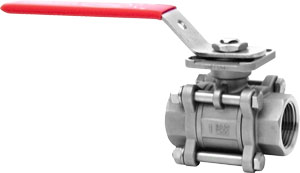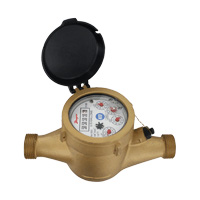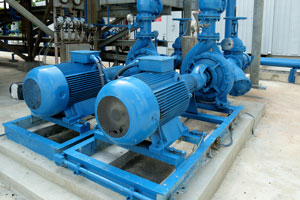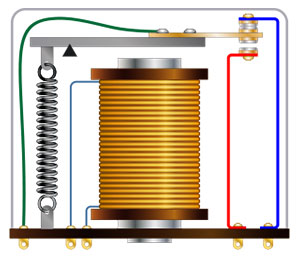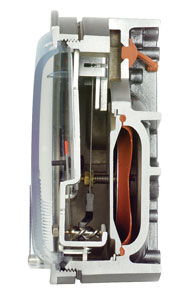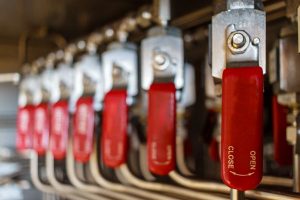 Any quick internet search for valves will show many different results: manual or automated, brass or stainless steel, flanged or NPT, one piece, two piece, or three piece, and more. With so many different types of valves available, how can you be sure you are purchasing the right type? While your application will help guide your proper valve selection, it is important to have some basic understanding of the different types of valves offered. Continue reading “One, Two, and Three-Piece Ball Valves: What’s the Difference Anyway?”
Any quick internet search for valves will show many different results: manual or automated, brass or stainless steel, flanged or NPT, one piece, two piece, or three piece, and more. With so many different types of valves available, how can you be sure you are purchasing the right type? While your application will help guide your proper valve selection, it is important to have some basic understanding of the different types of valves offered. Continue reading “One, Two, and Three-Piece Ball Valves: What’s the Difference Anyway?”
Clean and Safe Water Totalization
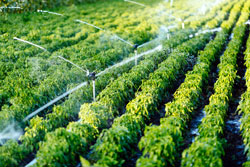 Question: I own a farm and would like to monitor how much water is being used in a safe, lead-free way; how do you recommend accomplishing this? Continue reading “Clean and Safe Water Totalization”
Question: I own a farm and would like to monitor how much water is being used in a safe, lead-free way; how do you recommend accomplishing this? Continue reading “Clean and Safe Water Totalization”
Benefits of Using Current Switches/Transformers
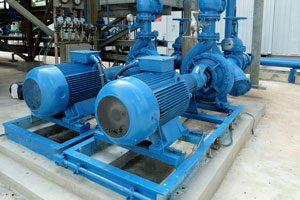 Motors are used for numerous industrial processes, be it moving air with a fan, pumping water with a pump, or driving a mechanical process. It is important to know when motors are not operating properly or require maintenance.
Motors are used for numerous industrial processes, be it moving air with a fan, pumping water with a pump, or driving a mechanical process. It is important to know when motors are not operating properly or require maintenance.
Many installations rely on a sensor or instrument used for the primary process, such as the use of a pressure transmitter to verify system pressure in a duct or the use of a flow transmitter to verify flow in a pipe. When errors or loss of pressure/flow are indicated, maintenance personnel may be dispatched to remedy the issue. However, this method does not indicate the root cause of an issue. Relying solely on primary process instrumentation opens the door to an unforeseen, possibly catastrophic situation. Continue reading “Benefits of Using Current Switches/Transformers”
Ask the Expert: When should I choose a solid state relay over an electromechanical relay?
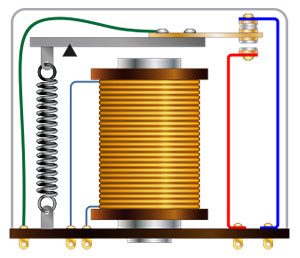
Question: When should I choose a solid state relay over an electromechanical relay? Continue reading “Ask the Expert: When should I choose a solid state relay over an electromechanical relay?”
Making Sense of Sensing Pressure
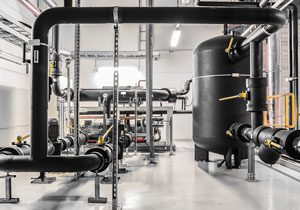 As discussed in previous articles and videos, pressure is the amount of force acting on a specific area and is equal to the force divided by the area. There are several types of sensing elements used inside pressure measurement devices. By understanding the components that make these products function and carefully comparing their specifications with your application requirements, you ensure the correct instrumentation is being used for your application. Today we’ll be discussing the functions of diaphragms and Bourdon tubes. Continue reading “Making Sense of Sensing Pressure”
As discussed in previous articles and videos, pressure is the amount of force acting on a specific area and is equal to the force divided by the area. There are several types of sensing elements used inside pressure measurement devices. By understanding the components that make these products function and carefully comparing their specifications with your application requirements, you ensure the correct instrumentation is being used for your application. Today we’ll be discussing the functions of diaphragms and Bourdon tubes. Continue reading “Making Sense of Sensing Pressure”
